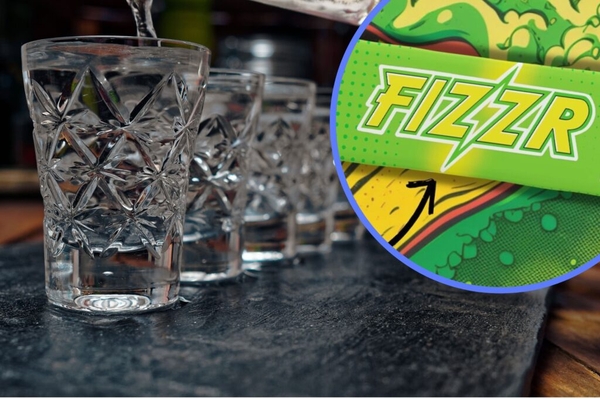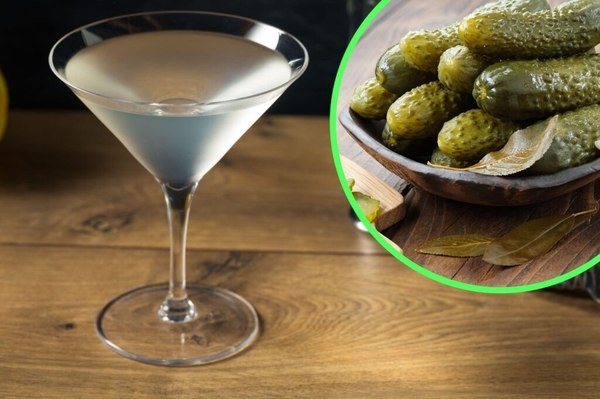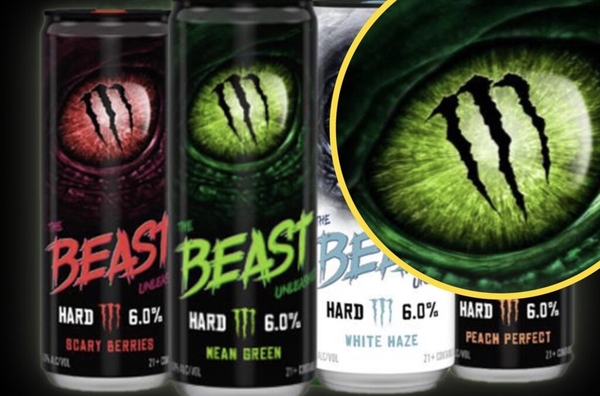Uncategorised
Why flavoured water could be way worse for you than you think
20 Jul 2018
3m

Until relatively recently, anyone who wanted an alternative to the sugar loaded, tooth-rotting cans of soft drink that line cornershop fridges was always left disappointed. For those hunting for a reasonably healthy replacement that wasn’t going to bore you to tears, the options were, to say the least, thin on the ground. And then came flavoured water.
Over the last few years, flavoured water has gone from strength. Innocuous looking packaging, coupled with a public more eager than ever to try and move away from unhealthy food has seen sales soar. Today, major bottled water producers such as Volvic and Arctic have expanded into exciting flavours like lime, kiwi, strawberry and watermelon. For anyone looking to avoid drinks traditionally considered to be harmful, this watery revolution could seem like a godsend.
Unfortunately, the reality is a little more complicated than that. Though flavoured water does, by and large, contain less sugar than most well-known soft drink brands, scientists are warning that drinking it could still be just as bad for your teeth. In this case, the key issue is not sweetener, but acid.
 Credit: Pixabay
Credit: Pixabay
Many of our favourite foods contain acid. In fact, it is commonly regarded as being one of the key components in all of cooking, helping to lift stodgy dishes and provide a contrast to fat. Though it’s role in making food taste good can’t be understated, there’s a dark side to eating acid. Annoyingly, acidic ingredients all have the potential to erode away the enamel that protects our teeth, leaving our mouths overly sensitive to temperature and eventually causing long term damage to our mouths.
According to Professor Edmund R. Hewlett, a health expert, Professor of Dentistry at the University of California and consumer advisor for the American Dental Association, flavoured water poses a greater threat than any of may have realised. As he puts it, the drinks are just as likely to lead to “the incremental dissolving away of the enamel on the teeth, which, over time, can affect their structural integrity, making them hypersensitive to temperature and potentially more cavity-prone,” as other traditionally ‘unhealthy’ choices.
The key to understanding just how bad the damage can be is to look at pH levels. The scale, used to measure acid and alkaline levels and different chemicals, is a vital way of measuring the potential health impacts of certain foods. A lower pH means greater acidity and therefore a greater chance of doing damage to our teeth. Pure sulphuric acid, for instance, has a pH of 1.01, whilst ordinary tap water has a pH level that varies between 6.00 and 8.00.
Numerous studies have shown that both flavoured water and soft drinks of astonishingly low pH levels. Whilst unflavoured carbonated water tends to hover around the pH 5.00 mark, added flavourings can make a big difference. One study showed that a well known brand had an average pH score of slightly under 3.00 across its range – compared to Coca-Cola which scores an equally depressing 2.37. Both of these levels are low enough to erode enamel and cause serious structural damage to the teeth.
 Credit: Pixabay
Credit: Pixabay
Despite this gloomy prognosis, Professor Hewlett recommends that there are steps that can reduce any potential impact. These include drinking flavoured water quickly, in order to reduce exposure to enamel and drink with a meal in order to stimulate production of pH neutralising saliva.
If nothing else, the news around flavoured water serves as a reminder that you can’t trust a book by it’s healthy looking cover. Unfortunately, if something tastes sweet and delicious, the chances are it will be bad for you.


